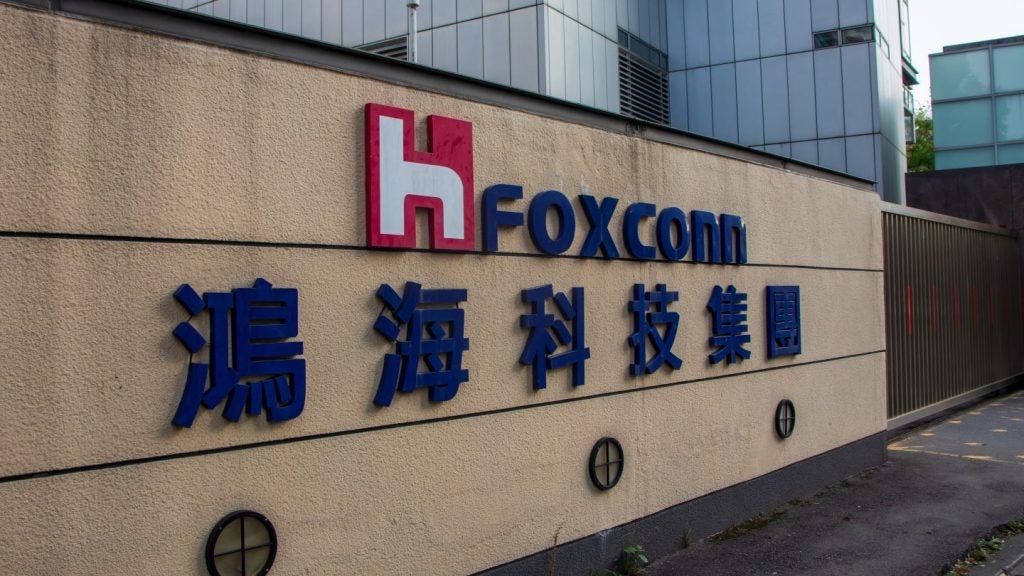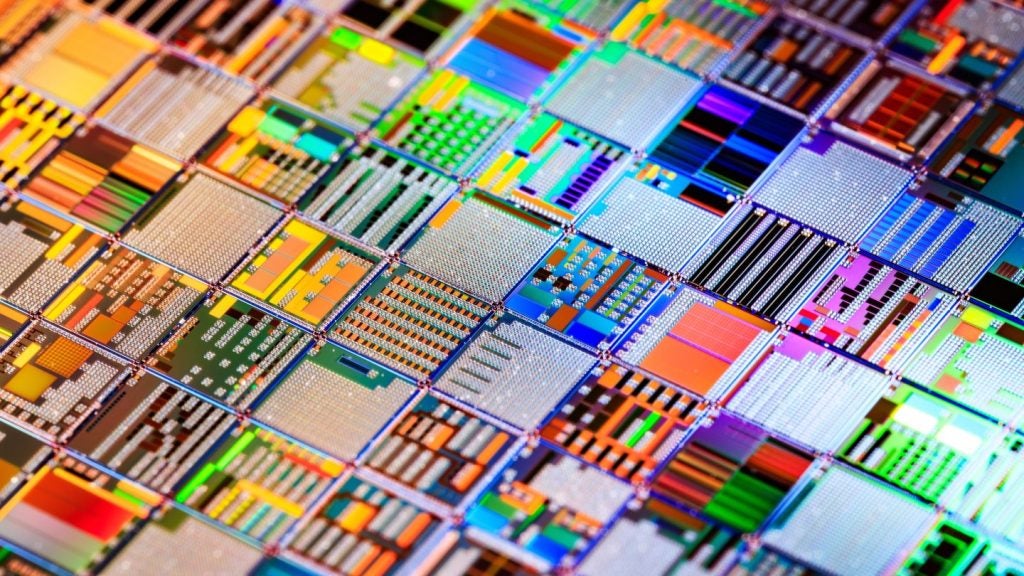GlobalData offers a comprehensive analysis of Foxconn Interconnect Technology, providing key insights into its Environmental, Social, and Governance(ESG) factors. By closely monitoring and aggregating mentions of climate change and associated ESG keywords, GlobalData delivers valuable information on Foxconn Interconnect Technology‘s ESG performance. GlobalData’s company profile on Foxconn Interconnect Technology offers a 360-degree view of the company, SWOT analysis, key financials, and business strategy including insights on ESG implementation among other information. Buy the report here.
Foxconn Interconnect Technology, a global electronics manufacturer, has set target for net zero by 2050 to reduce its carbon emissions. The company aims to achieve 100% carbon neutrality in scope 2 emissions by 2025. Additionally, Foxconn plans to reduce single-use plastic packaging by 25% by the end of 2025, based on a benchmark from 2019. The company also aims to use 30% recycled content in all plastic packaging by 2025. These goals demonstrate Foxconn's commitment to sustainability and its efforts to transition towards a circular economy.
In terms of its current carbon emissions, it mentions that the company has achieved a 46.80% reduction in carbon dioxide emission density compared to the previous year. This indicates that Foxconn is making progress in reducing its greenhouse gas emissions. The company recognizes the significant impact of greenhouse gas emissions on climate change. It is dedicated to a 42% reduction in its greenhouse gas emissions by 2030 and aims to achieve net-zero emissions by 2050. Additionally, in 2022, the company actively participated in the Zero Waste Project, diverting 100% of waste in its Shenzhen and Kunshan factories from landfills and obtaining a UL2799 platinum certification.
To achieve its net-zero targets, Foxconn has taken several steps. The company plans to prioritize key materials such as copper and tin to incorporate validated recycled content in its products, moving towards a circular economy. Foxconn also aims to explore ways to reduce its e-waste footprint through plastic reduction and increased recycled content. These initiatives align with the company's commitment to sustainability and reducing its environmental impact.
Procuring and generating renewable energy are fundamental components of FIT's strategy for carbon reduction. Through the acquisition and self-production of renewable energy, such as solar power, FIT has achieved a renewable electricity share of 49.8% of the total, leading to a substantial decrease in the overall scope 2 emissions generated by the company in 2022. The organization is also committed to securing at least 50% of its electricity from renewable sources by 2030.
In conclusion, Foxconn Interconnect Technology is actively working towards achieving its net-zero targets and reducing its carbon emissions. The company has set specific goals related to plastic packaging, carbon neutrality, and e-waste reduction. By prioritizing key materials and exploring innovative solutions, Foxconn is taking steps towards a more sustainable and circular economy.
Data Insights
From

The gold standard of business intelligence.
Blending expert knowledge with cutting-edge technology, GlobalData’s unrivalled proprietary data will enable you to decode what’s happening in your market. You can make better informed decisions and gain a future-proof advantage over your competitors.







